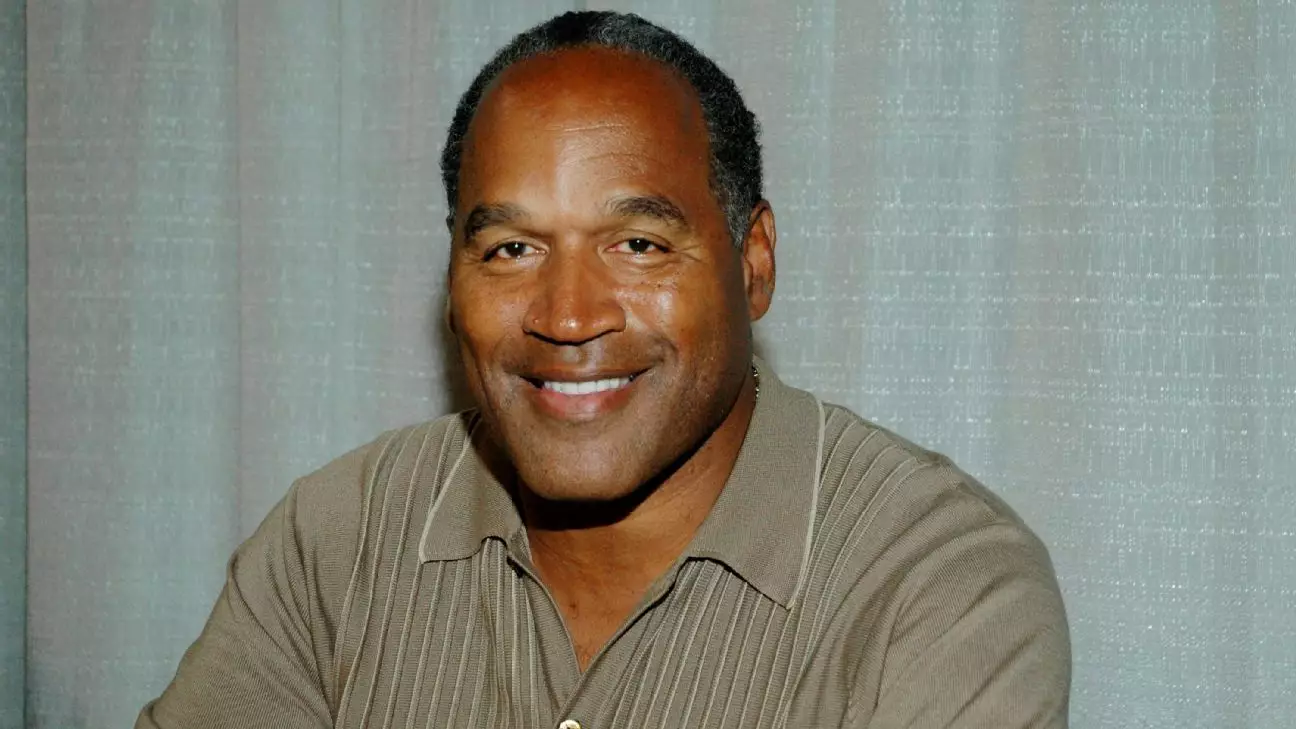The news of O.J. Simpson’s estate executor, Malcolm LaVergne, reversing his stance on preventing a payout of a $33.5 million judgment to the families of Nicole Brown Simpson and Ron Goldman has created quite a stir in the media. Initially expressing his hope that the Goldmans would receive nothing, LaVergne later shifted his position, stating that Fred Goldman’s claim would be accepted and handled in accordance with Nevada law. This sudden change in opinion has raised eyebrows and questions about the motivations behind such a shift.
LaVergne’s comments to the Las Vegas Review-Journal, where he vehemently stated that he would do everything in his power to ensure the Goldmans received nothing, seemed to be fueled by a sense of loyalty and protection towards O.J. Simpson. However, his subsequent reversal of opinion, particularly in light of Simpson’s passing, begs the question of what truly prompted this change. Was it a strategic legal move, an emotional response, or perhaps, a realization of the ethical implications involved?
O.J. Simpson’s legacy has been marred by the infamous murder trial of his ex-wife and Ron Goldman in 1994. Despite being acquitted of criminal charges, the subsequent civil judgment against him has loomed large over his estate. Fred Goldman’s pursuit of accountability, rather than financial gain, has been a driving force behind the ongoing legal battles and has now come to a head with Simpson’s demise.
As Simpson’s estate goes through the probate process, the Goldman and Brown families stand to potentially receive a portion of whatever assets are left behind. LaVergne’s commitment to transparency and accountability in handling the estate signifies a shift towards resolving the longstanding legal disputes surrounding Simpson’s financial obligations. The terms established in the trust created earlier this year indicate a deliberate effort to ensure equitable treatment of all creditors, including the Goldman and Brown families.
The saga of O.J. Simpson’s estate serves as a cautionary tale of the lasting repercussions of legal battles and the complexities of handling high-profile cases. LaVergne’s evolving stance highlights the dual responsibilities of legal representation and moral obligation in navigating sensitive matters of inheritance and accountability. Ultimately, the resolution of Simpson’s estate may provide closure for some, but it also underscores the enduring impact of past actions on both personal and legal legacies.


Leave a Reply